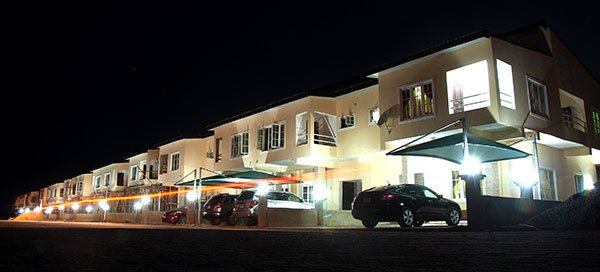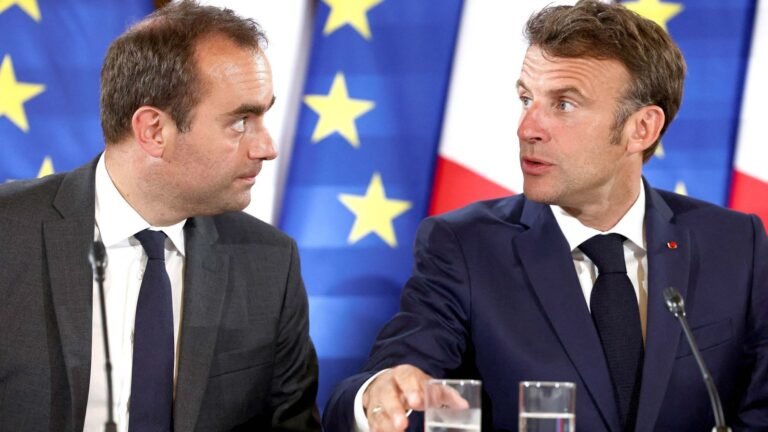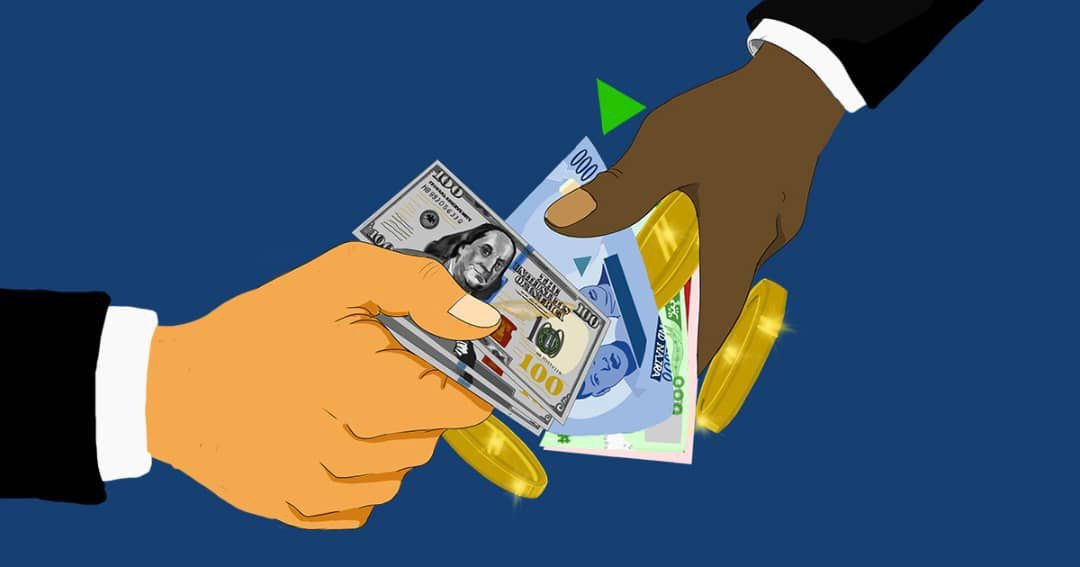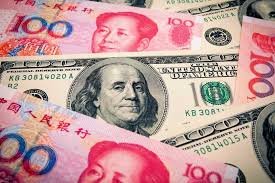Nigeria recorded a Balance of Payments (BOP) surplus of $6.83 billion in 2024, reversing consecutive deficits of $3.34 billion in 2023 and $3.32 billion in 2022, according to the Central Bank of Nigeria (CBN).
This milestone, detailed in a statement by Mrs. Hakama Sidi-Ali, Acting Director of Corporate Communications, underscores the impact of bold macroeconomic reforms, revitalized trade dynamics, and bolstered investor confidence.
Released on April 9, 2025, the report positions Nigeria as a rising economic force in Africa, with significant implications for its financial stability and global market standing.
Trade Surplus and Export Growth Fuel Economic Momentum
A standout contributor to the BOP surplus was the combined current and capital account performance, which logged a $17.22 billion surplus in 2024. Central to this was a goods trade surplus of $13.17 billion, driven by a robust export sector and a strategic reduction in imports.
Petroleum imports plummeted by 23.2% to $14.06 billion, while non-oil imports fell 12.6% to $25.74 billion, reflecting Nigeria’s push toward import substitution and localized refining capacity.
On the export front, gas exports soared by 48.3% to $8.66 billion, and non-oil exports climbed 24.6% to $7.46 billion. These gains highlight the success of the government’s diversification agenda, reducing reliance on oil and strengthening Nigeria’s trade resilience.
Analysts see this as a pivotal shift, aligning with global demand for sustainable economic models and boosting Nigeria’s competitiveness in international markets.
Remittances and Development Aid Strengthen Financial Inflows
Personal remittances emerged as a cornerstone of Nigeria’s BOP stability, rising 8.9% to $20.93 billion in 2024. The Nigerian diaspora’s growing engagement fueled this uptick, with International Money Transfer Operator (IMTO) inflows surging 43.5% to $4.73 billion from $3.30 billion in 2023. This reflects enhanced trust in Nigeria’s financial systems and policies aimed at streamlining remittance channels.
Complementing these gains, official development assistance grew by 6.2% to $3.37 billion, signaling sustained international confidence in Nigeria’s reform trajectory. Together, these inflows have fortified the country’s external position, providing a buffer against global economic volatility and reinforcing its appeal to donors and investors alike.
Financial Account Rebounds with Portfolio Investment Boom
The financial account showcased a remarkable recovery, with net financial asset acquisitions reaching $12.12 billion in 2024. Portfolio investments doubled, soaring 106.5% to $13.35 billion, while resident foreign currency holdings increased by $5.41 billion—clear indicators of renewed faith in Nigeria’s economic stability.
However, foreign direct investment (FDI) declined by 42.3% to $1.08 billion, a dip attributed to global uncertainties, though offset by the strength of portfolio flows.
This financial account resurgence underscores Nigeria’s growing allure as an investment destination, with macroeconomic policies fostering a stable environment for capital inflows. Experts note that addressing FDI challenges could further amplify these gains, positioning Nigeria as a top-tier emerging market.
External Reserves and Data Integrity Reach New Heights
Nigeria’s external reserves swelled by $6.0 billion in 2024, closing at $40.19 billion a robust shield for exchange rate stability and economic resilience. This growth enhances the CBN’s capacity to navigate currency pressures and external shocks, a critical factor in sustaining investor trust.
Equally notable, net errors and omissions shrank by 79.5% to negative $5.10 billion from $24.90 billion in 2023. This dramatic improvement reflects enhanced data accuracy, transparency, and reporting standards, bolstering the credibility of Nigeria’s economic statistics. CBN Governor Olayemi Cardoso hailed these developments as proof of effective policy execution and the bank’s commitment to macroeconomic discipline.
Nigeria’s Economic Outlook Brightens Amid Reforms
The $6.83 billion BOP surplus marks a defining moment for Nigeria, spotlighting the success of its reform-driven economic strategy. With trade diversification, remittance growth, and financial account gains paving the way, the country is poised for sustained growth in 2025 and beyond.
As Cardoso emphasized, this turnaround validates the CBN’s focus on stability and positions Nigeria as a model for emerging economies navigating global challenges. For investors and analysts, Nigeria’s 2024 performance signals a market ripe with opportunity, backed by data-driven governance and a forward-looking economic vision.























